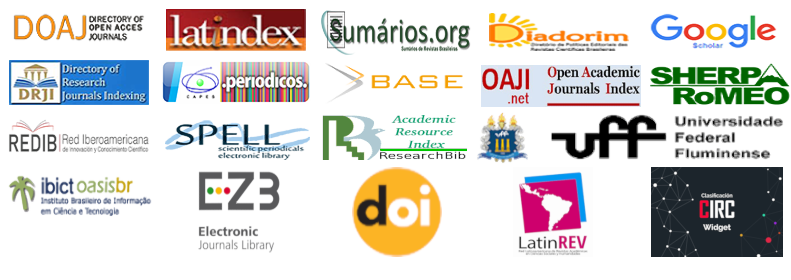Cooperação e Intersetorialidade na Política sobre Drogas no Brasil
DOI:
https://doi.org/10.20401/rasi.5.1.255Keywords:
Intersetorialidade; Políticas sobre Drogas; Capacidades EstataisAbstract
O artigo busca analisar possibilidades de articulações e desenhos institucionais de políticas públicas de combate às drogas, considerando a cooperação federativa e a intersetorialidade caminhos viáveis para potencializar as capacidades estatais em tratar de tal desafio. Propõe-se para tanto a análise dos programas "Crack: é Possível Vencer", "Recomeço" e "De Braços Abertos", programas brasileiros de diferentes níveis federados sobrepostos ao longo do tempo em um mesmo espaço, a região conhecida popularmente como "Cracolândia", a fim de discutir potencialidades e desafios de cooperação e intersetorialidade. Como metodologia propõem-se uma abordagem exploratória de caráter descritivo por meio de análise de dados secundários. Os diversos programas implantados no Brasil destacam a importância de articulação entre diferentes entes federados e terceiro setor e, sobretudo, de diferentes áreas de atenção, como saúde, assistência social e segurança pública, a fim de alcançar resultados positivos para mudança de paradigmas na implementação da política sobre drogas.
Downloads
Downloads
Published
Issue
Section
License
RASI, in accordance with Law No. 9,610 of February 19, 1998, which amends, updates and consolidates Brazilian copyright law and makes other provisions, adopts the following conditions of the Copyright Assignment:
1. RASI maintains, with the transfer of copyrights, the possession of rights over the content published;
2. The author retains his moral rights of the content, including the right to be identified as the author whenever the content is published;
3. Despite the attribution of copyright, the author retains the right to reuse the material in future collections of his own work without encumbrance. The acknowledgments of the previous publication in the RASI are the only requirements in such cases;
4. The author may make photocopies of the content, or distribute it by electronic mail or fax, provided that they are intended for their own classes and for the purpose of meeting research objectives, provided that: (a) such copies are not resold and (b) reference to the original source of the publication and the name of the RASI are clearly indicated on all copies made of the document.











